Even knowing core Hindi phrases can go a long way, making every aspect of your time in India (or any other Hindi-speaking nation) more enjoyable and fulfilling. That’s what we are here for today: an emergency toolkit of some great Hindi phrases for daily use, and Hindi words for travellers to get by in India.
| Phrase | Translation | Pronunciation |
|---|---|---|
| Namaste | Hello/Goodbye/Good morning/Good evening | |
| Haan | Yes | |
| Naheen | No | |
| Shaayad | Maybe | |
| Dhanyavad | Thank you | |
| Bahut Dhanyavad | Thank you very much | |
| Aapka Swagat Hai | You’re welcome | |
| Mujhko Maaloom Naheen | I don’t know | |
| Maaf Kijiye | I am sorry | |
| Suniye | Excuse me | |
| Kya Haal Hai? | How are you? | |
| Ye Kitne Ka Hai? | How much does this cost? | |
| Hum Kho Gaye Hain | I am lost | |
| Shukriya | Thanks | |
| Bhaiya/Bhabi | Brother/Sister (informal) | |
| Achha | Good/Okay | |
| Zaroor | Sure/Definitely |

What Are the Hindi Words for Hello?
When it comes to famous Hindi phrases for daily use, one undoubtedly comes to mind most readily: the Hindi word for hello.
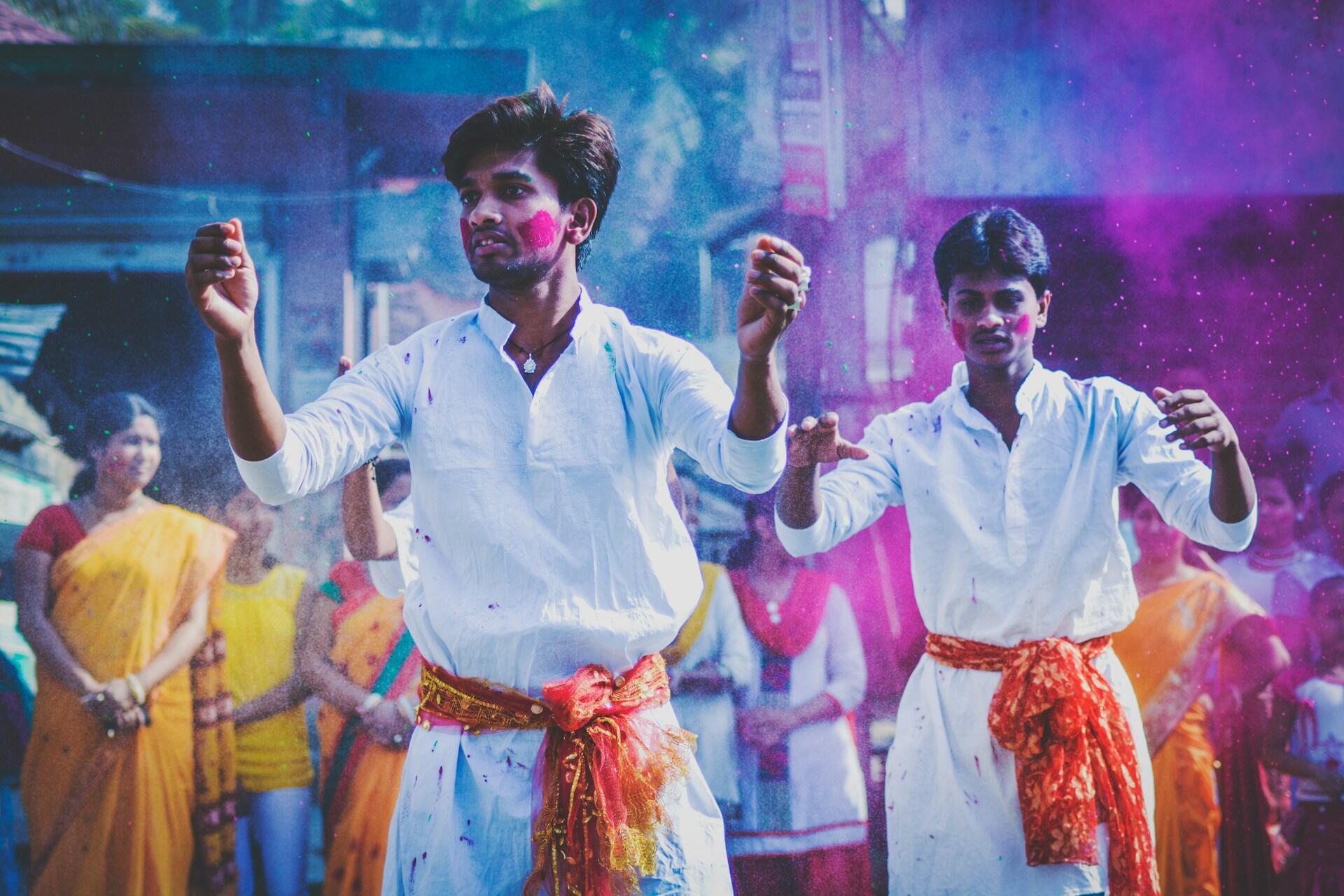
The word “Namaste” is one of the best Hindi phrases for travellers, as it is more than just a standard hello!
Namaste can be used to say hello and goodbye at any time of day and is considered polite and respectful enough to be used in just about any setting. Namaste, meaning hello and goodbye, is more of a cultural adoption, though, as it is translated to “I bow to you.”
It has been culturally adopted as a greeting since at least 3000 BCE, so it’s very well ingrained into Hindi culture and indeed is well recognised across much of the Indian subcontinent and Southeast Asia.
What Does Namaste Mean?
Namaste can mean hello and goodbye, making it one of the most versatile and culturally rich Hindi phrases. Literally meaning "I bow to you", Namaste is usually accompanied by a reverential bow with palms joined together in a prayer fashion and thumbs close to the chest with fingers pointing upwards. It is a formal form of salutation in the Hindu culture, and its modern style often forgoes the bow, which is usually reserved when greeting the elderly and a person of importance, like your boss.
This widespread usage makes namaste one of the best Hindi phrases for beginners. Those wanting to use it as their primary form of greeting may also want to learn the namaste pose.
It’s very similar to the namaste pose yoga enthusiasts will be familiar with. The yoga pose draws its name from the traditional Hindi pose. The namaste greeting is usually performed with a slight bow, your palms pressed together in front of your chest, and your fingers facing upwards.
It’s a common sight and a great way to politely and respectfully greet someone in Hindi-speaking cultures.
Other useful greeting phrases:
Hindi Phrases For Getting Around
Given how hectic Indian cities can get, between the millions of people around and the crazy traffic at all times of day, knowing how to get around is essential when venturing outside your hotel room or your flat.
Showing that you know some Hindustani and that you are not the average tourists might also get you a better price as it is well known that tuk-tuk (or rickshaw) drivers tend to try to charge white Western tourists three or four times the local rate for a fare.
While they are simply looking to make a living and feed their family, you might somehow feel cheated if you end up paying 250 rupees for a fare that only costs 40. Bargain, be polite but firm and be ready to walk away and try your luck a few hundred meters further. While many Westerners are not used to it, bargaining is an essential part of life in India.
A few other useful phrases for getting around include:

Saying Goodbye in Hindi
Conveniently, namaste is also considered the usual way to say goodbye in Hindi and hello! The pose and usage are the same, with only context differentiating the two. This makes it very easy to use both, as you only need to remember one thing.
Namaste is used for both hello and goodbye because namaste, meaning in English “I bow to you,” is not a literal translation of hello and goodbye in English and thus is not tied to the same connotations as those English words. Culturally, it is simply a difference in how conversations flow politely.
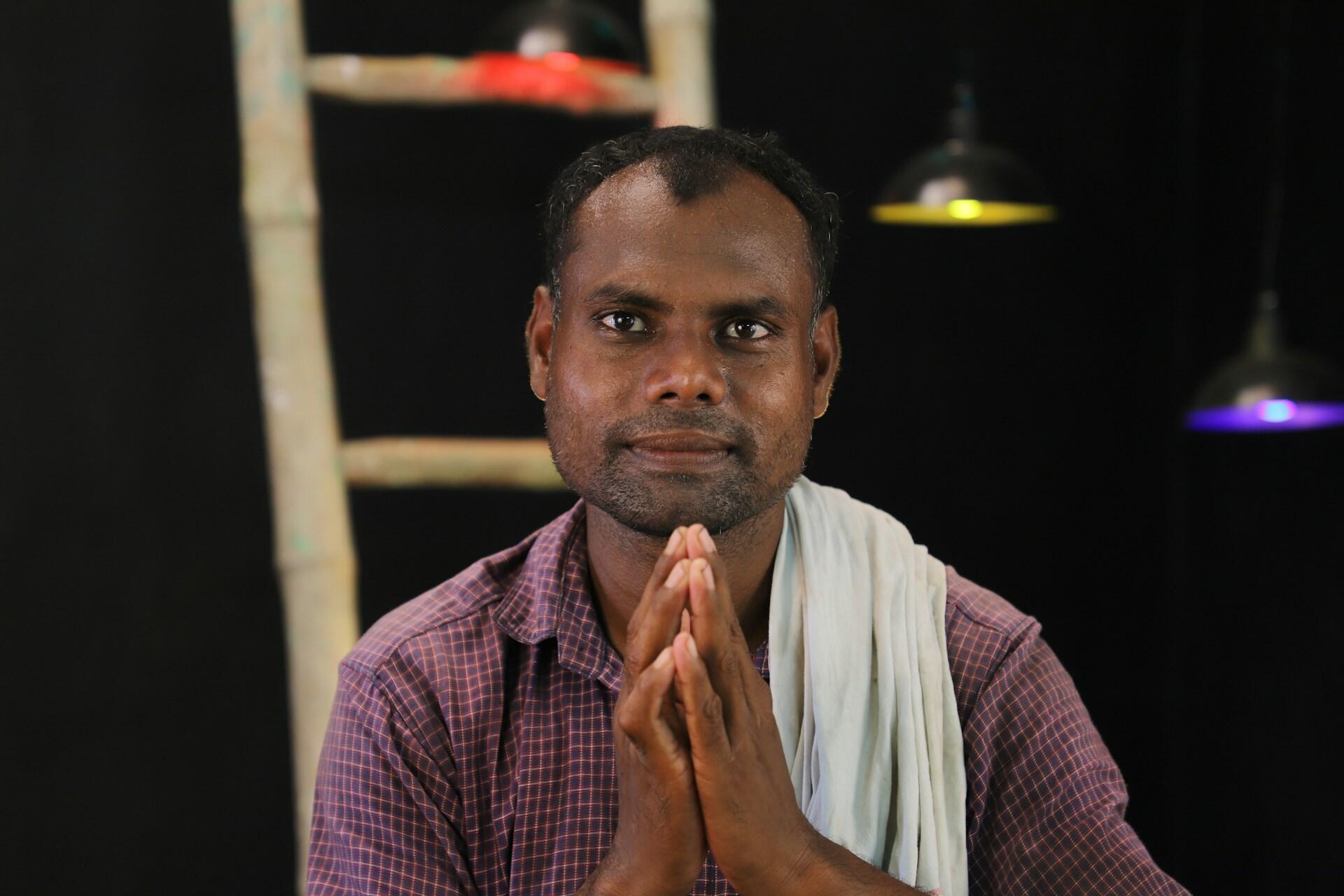
Saying Yes and No in Hindi
Yes (Haan)
हाँ
No (Naheen)
नहीं
Maybe (Shaayad)
शायद
Next in our basic Hindi survival guide is answering simple questions. Knowing how to say yes and no in Hindi is one of the most useful Hindi language phrases.
Questions form the basis of most conversations everywhere in the world, and a simple yes and no is therefore a crucial part of your bread-and-butter conversational skills. The translation of yes in Hindi is “haan”, written in Hindi as हाँ.
Just as important as saying yes is being able to say yes in Hindi is being able to say no! Luckily, this is another very simple Hindi word: “naheen.”
A few other useful Hindi words for answering questions are “shaayad”, which translates to maybe, and “dhanyavad”, which translates to thank you in Hindi.
You can also emphasise this by saying “bahut dhanyavaad”, which means thank you very much.
Hindi Phrases For Beginners
There are many common Hindi phrases that you will be sure to get a lot of usage out of just by learning them. And the reality is that there are far more than can be easily fit into a guide like this! That said, we have compiled a few of the ones you are likely to get a lot of use out of in many situations.
The most common way to say "thank you" in Hindi is “Dhanyavad” (धन्यवाद). "Bahut dhanyavad" means “Thank you very much.”
Here are a few example phrases in Hindi and Hindi sentences you might use while travelling:
| Phrase | Hindi Translation |
|---|---|
| Hello/Goodbye/Good morning/Good evening | Namaste |
| Yes | Haan |
| No | Naheen |
| Maybe | Shaayad |
| Thank you | Dhanyavad |
| You're welcome | Aapka swagat hai |
| I don't know | Mujhko maaloom naheen |
| I'm sorry | Maaf kijiye |
| Excuse me | Suniye |
| How are you? | Kya haal hai? |
| I'm fine | Main theek hoon |
| What is your name? | Aapka naam kya hai? |
| My name is ... | Mera naam ... hai |
| Do you speak English? | Kya aap angrezi bolte hain? |
| A little bit | Thoda thoda |
| I need help | Mujhe madad chahiye |
| Please pay attention | Kripya dhyan dijiye |
| Please | Kripya |
| No (polite) | Jee nahin |
| Yes (polite) | Jee haan |
| How much does this cost? | Ye kitne ka hai? |
| It's too expensive | Bahut mehenga hai |
| Can this be cheaper? | Kya yeh sasta ho sakta hai? |
| Is this good? | Kya yeh achha hai? |
| I like this | Mujhe yeh pasand hai |
| We are lost | Hum kho gaye hain |
| Where is this? | Yeh kahan hai? |
| Where is the toilet? | Shauchalaya kahan hai? |
| Where is the train station? | Train station kahan hai? |
| Can you call a taxi? | Taxi bula sakte hain? |
| How is the weather today? | Aaj ka mausam kaisa hai? |
| I'm hungry | Mujhe bhook lagi hai |
| I'm thirsty | Mujhe pyaas lagi hai |
| I'm tired | Main thak gaya hoon |
| I'm sick | Main bimaar hoon |
| Call a doctor | Doctor ko bulao |
| Call the police | Police ko bulao |
| I want to go home | Mujhe ghar jaana hai |
| See you again | Phir milenge |
| Good night | Shubh raatri |
| Have a good day | Shubh din |
For travellers and tourists travelling to Hindi-speaking areas, these are some of the most basic but common Hindi phrases you will likely need. Hindi basic phrases like this will be your survival tools in an emergency, so they are worth remembering!
Before you start saying Hindi words, start by learning Hindi vowels and consonants.
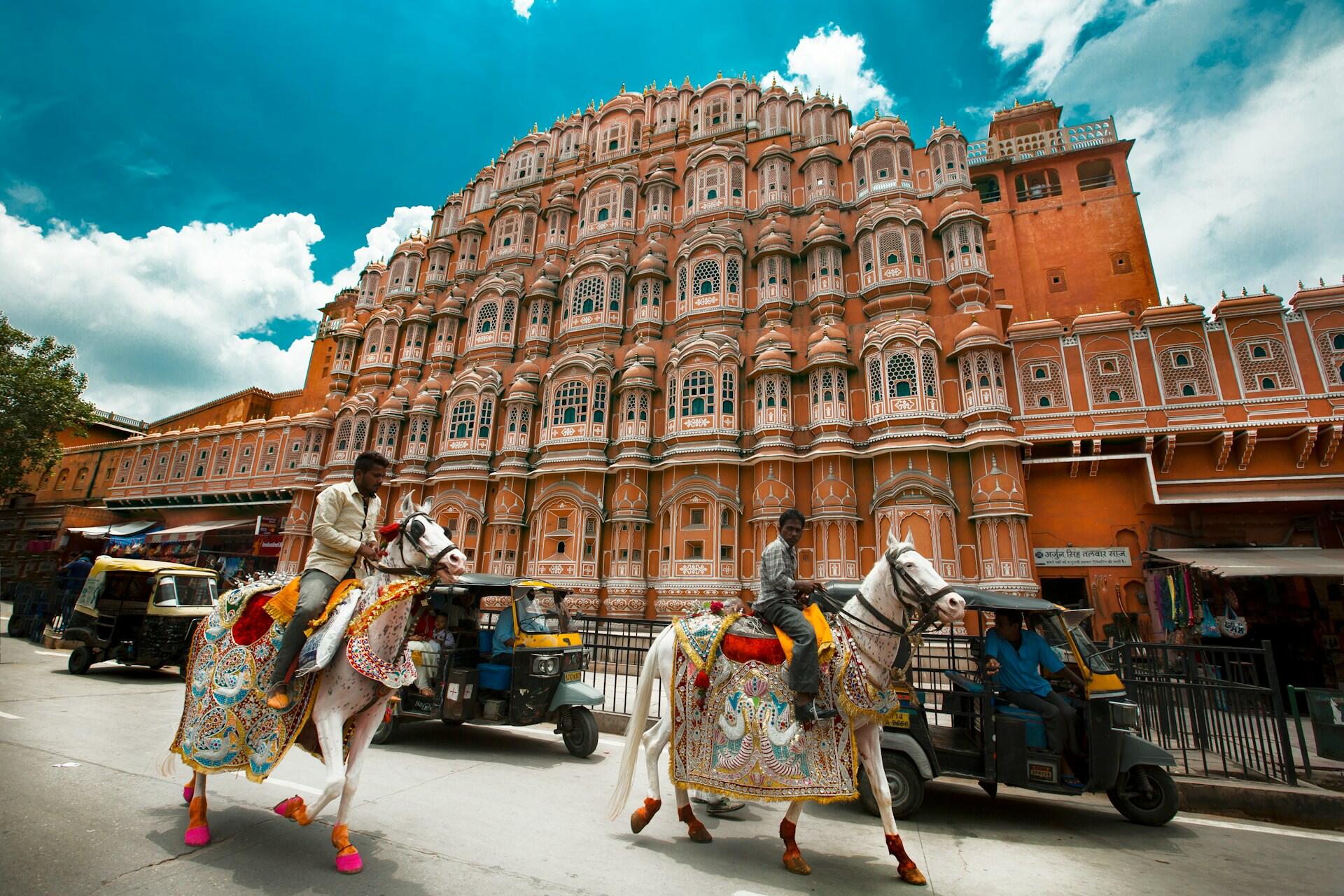
Hindi Phrases for Shopping Around
Like we just mentioned, bargaining is an inherent part of life in India. When shopping for clothes, souvenirs, or even fresh veggies and fruit from street stalls, do not hesitate to bargain. Here are a couple of useful phrases:
Famous Hindi Quotes
Perhaps equally interesting as the basic Hindi words for travellers are some Indian phrases, Hindi expressions, and idioms from famous people, past and present. Many spiritual leaders and significant thinkers have been Hindi speakers, and as such, there are many inspiring and insightful Hindi quotes out there.
Hindi Famous Phrases and Quotes from Dr. Abdul Kalam
Dr. Abdul Kalam was President of India between 2002 and 2007, and was perhaps best known for his years before this as the figurehead who led India into becoming a nuclear power. He is widely viewed as a national hero, and has many quotes befitting of such a title.
“Intazaar karane vaalon ko sirf utanaa hii milataa hai jitanaa kosis karane vaale chod dete hain.”
Dr Abdul Kalam
In English, this quote means “people who wait get only what’s left by those who try”, and offers harsh but wise teachings to make one’s own luck. Waiting around to see what the universe offers, you will see the best offerings taken by those who work for them!
Agar tum suuraj kii tarah camakanaa caahate ho, to pahale suuraj kii tarah jalanaa siikho.
Dr Abdul Kalam
This quote means, “If you want to shine like the sun, first learn to burn like the sun.” It is inspired by the very nature of the universe. Here on earth, we are always in awe of the sun, holding it in high reverence. However, this reverence is well-earned by the sun, which burns strong day and night.
Famous Hindi Quotes by Gandhi
Gandhi needs no introduction, perhaps being the most famous Hindi-speaking person ever. To that end, he has some seriously iconic quotes, which are still commonly heard today. His words were beyond influential, and rightly so.
Khud vo badalaav baniye jo aap duniyaa men dekhanaa caahate hain.
Gandhi
Gandhi’s most famous quote, “Be the change you want to see in the world,” is often repeated even by those who don’t initially know it was Gandhi’s words. This phrase applies to everyone on earth and reminds us that if we want things to improve, the best place to look is always at ourselves and what we can change within us.
Raastra bhaasaa ke binaa raastra guungaa hai.
Gandhi
Much lesser known than the quote above, but perhaps more relevant here, this quote means “a nation is mute without its national language.” Language is one of the most important parts of all culture, and this is very true of India as well. Hindi isn’t the only official language of India, but it is its most prevalent and is uniquely intertwined with India’s national identity, which is why it is especially worth learning!
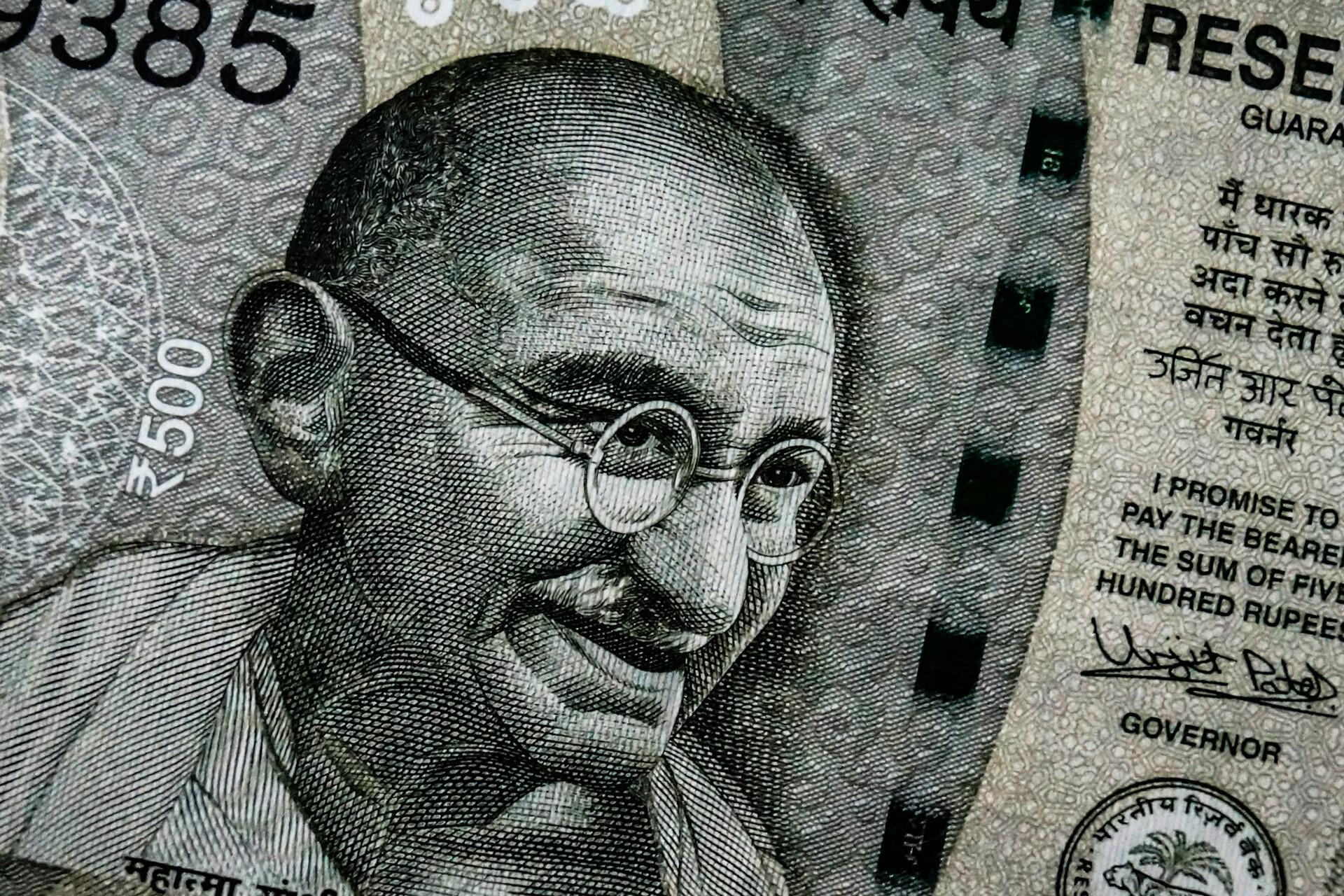
Following in the words of Gandhi, perhaps this might inspire you that learning Hindi properly is worthwhile, which it most certainly is. It’s one of the most spoken languages in the world, especially across Southeast Asia, and also a uniquely fascinating language to any curious learner.
Here they are in English for you.
As we conclude our exploration of popular Hindi phrases and expressions, it's evident how languages can serve as a window into a community's culture, history, people and everyday life. These phrases convey meaning and embody the rich tapestry of traditions, beliefs, and experiences that shape Hindi-speaking societies.
Whether you're learning Hindi for practical reasons, cultural appreciation or simply for the pleasure of learning a new language, we hope you've learned something new about the rich history and culture of the Hindi language.
If you need help with Hindi, look to a Hindi tutor on the Superprof website. Many offer the first session for free so you can always try a few before choosing the right one for you, your budget, and your learning style.
Summarise with AI:

















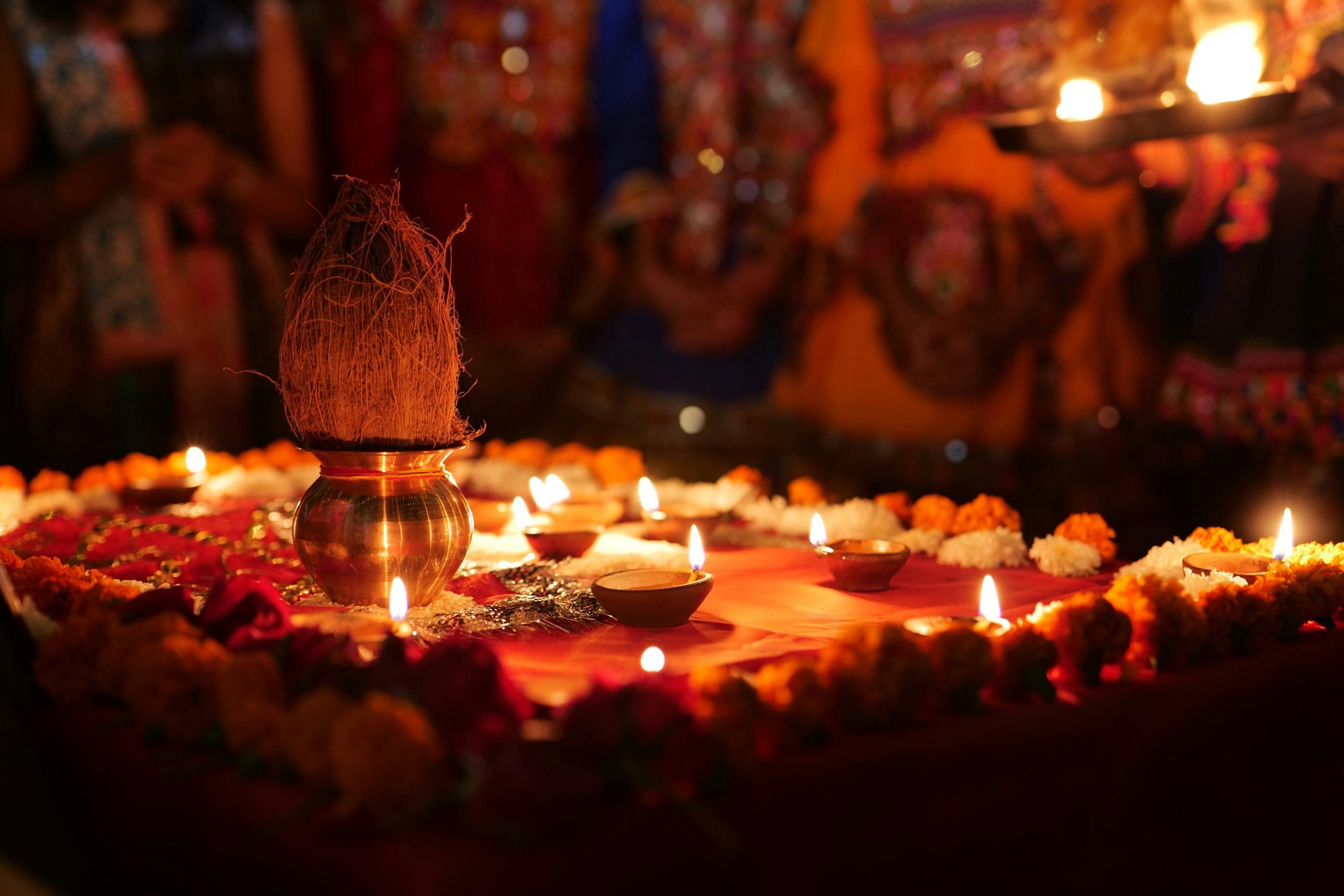
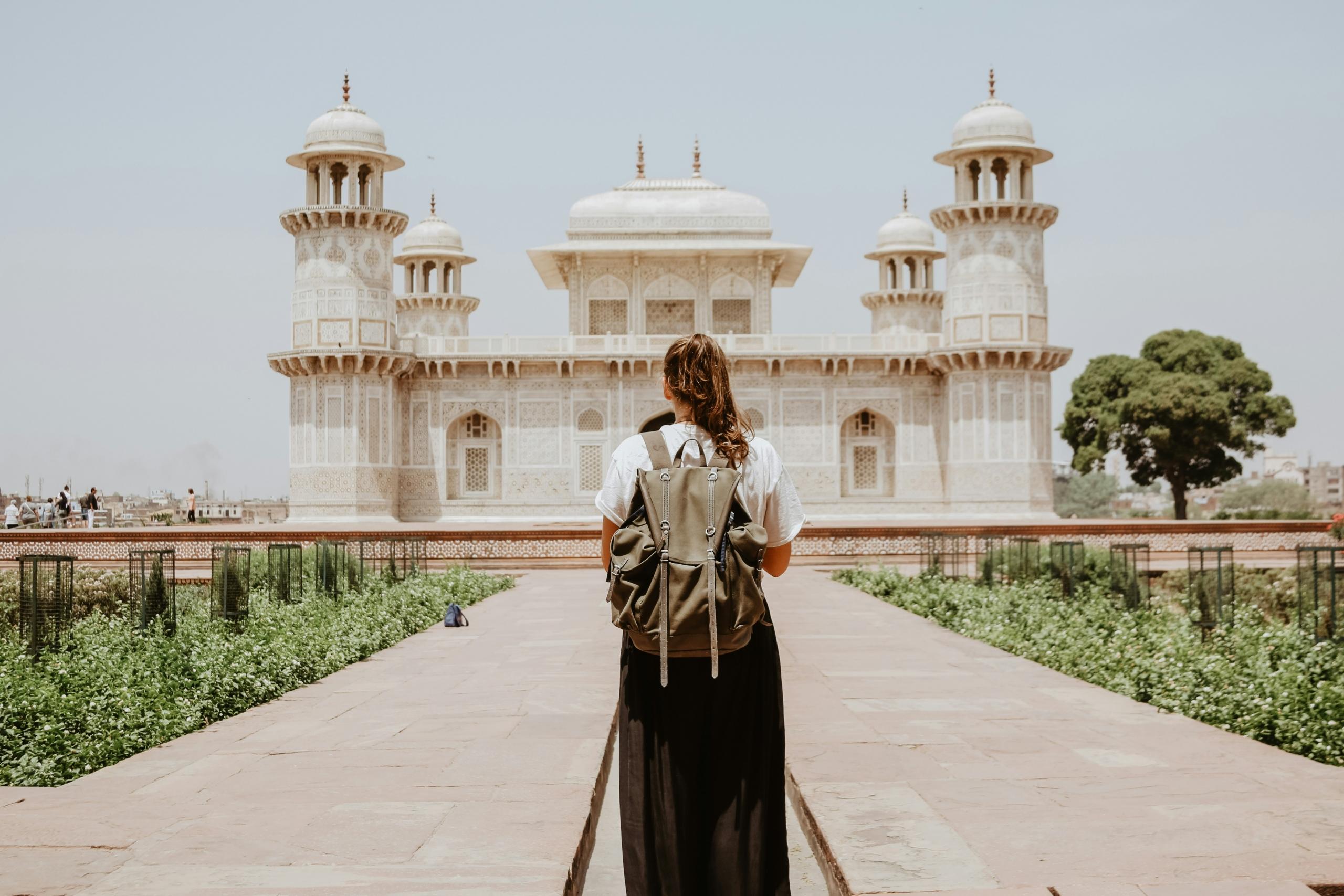



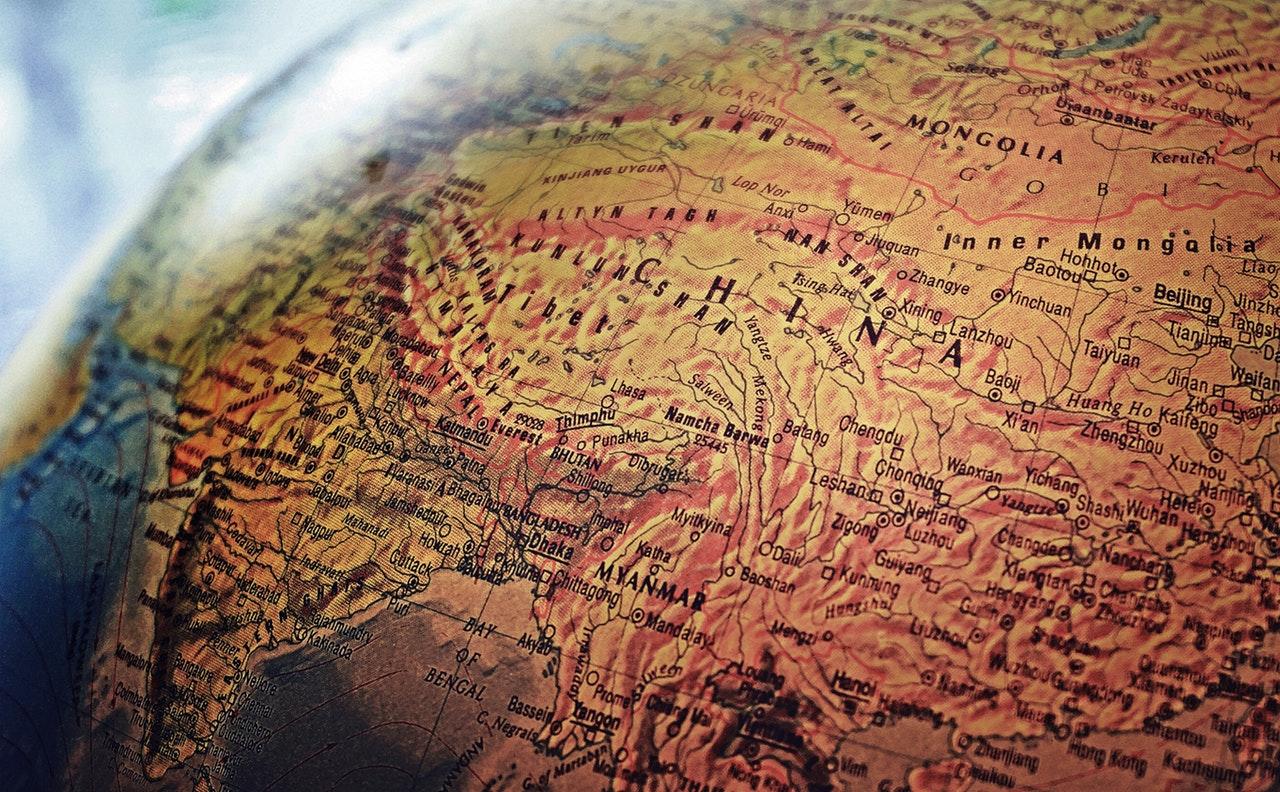

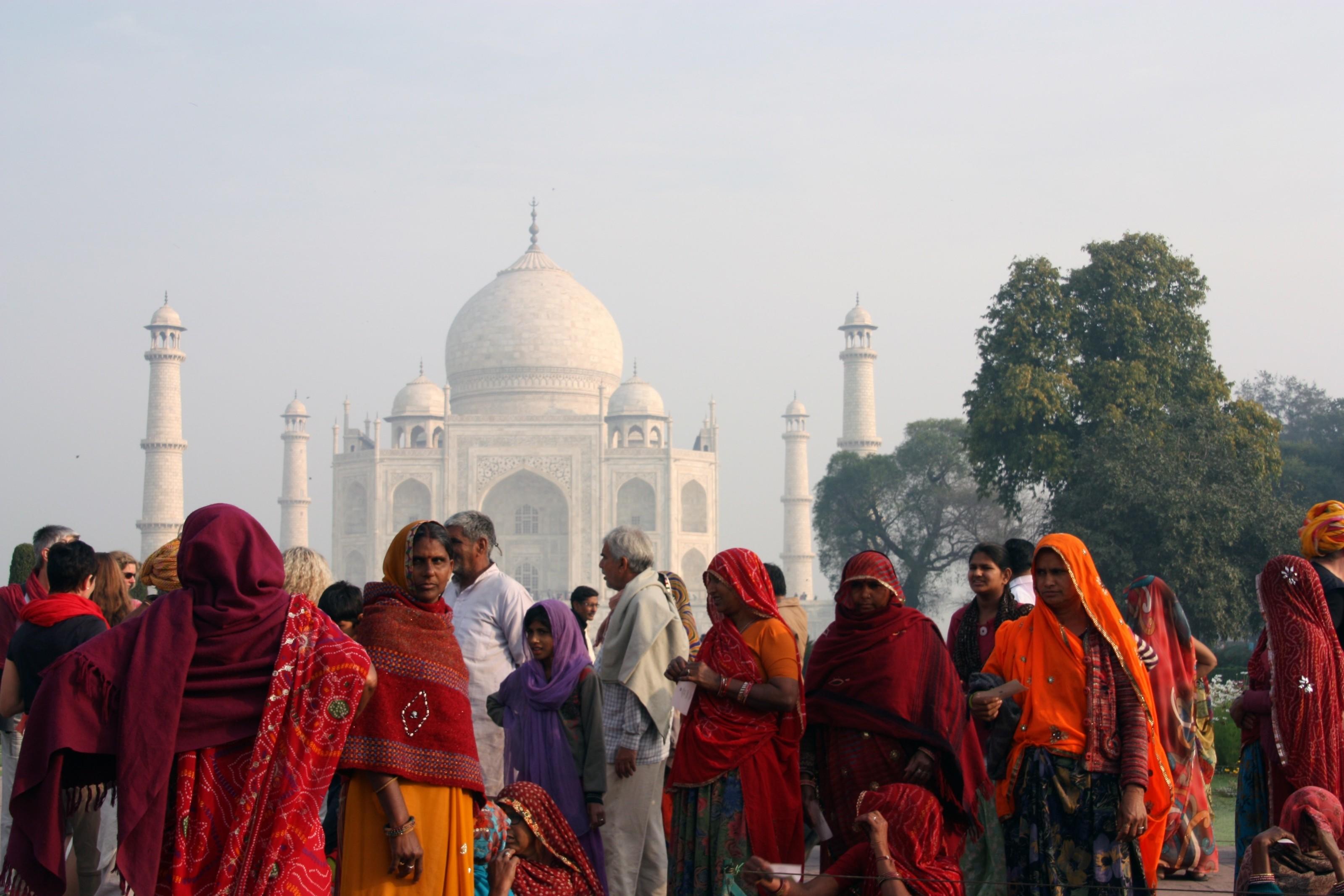
interesting
How do you say best friend in Hindi
Hi Aliyah! Thanks for getting in touch. In Hindi, “best friend” is commonly translated as:
“सबसे अच्छा दोस्त” (Sabse Achha Dost)
Kap Hai nem gret bhar